Home>Garden Essentials>What Does Fenugreek Seeds Taste Like
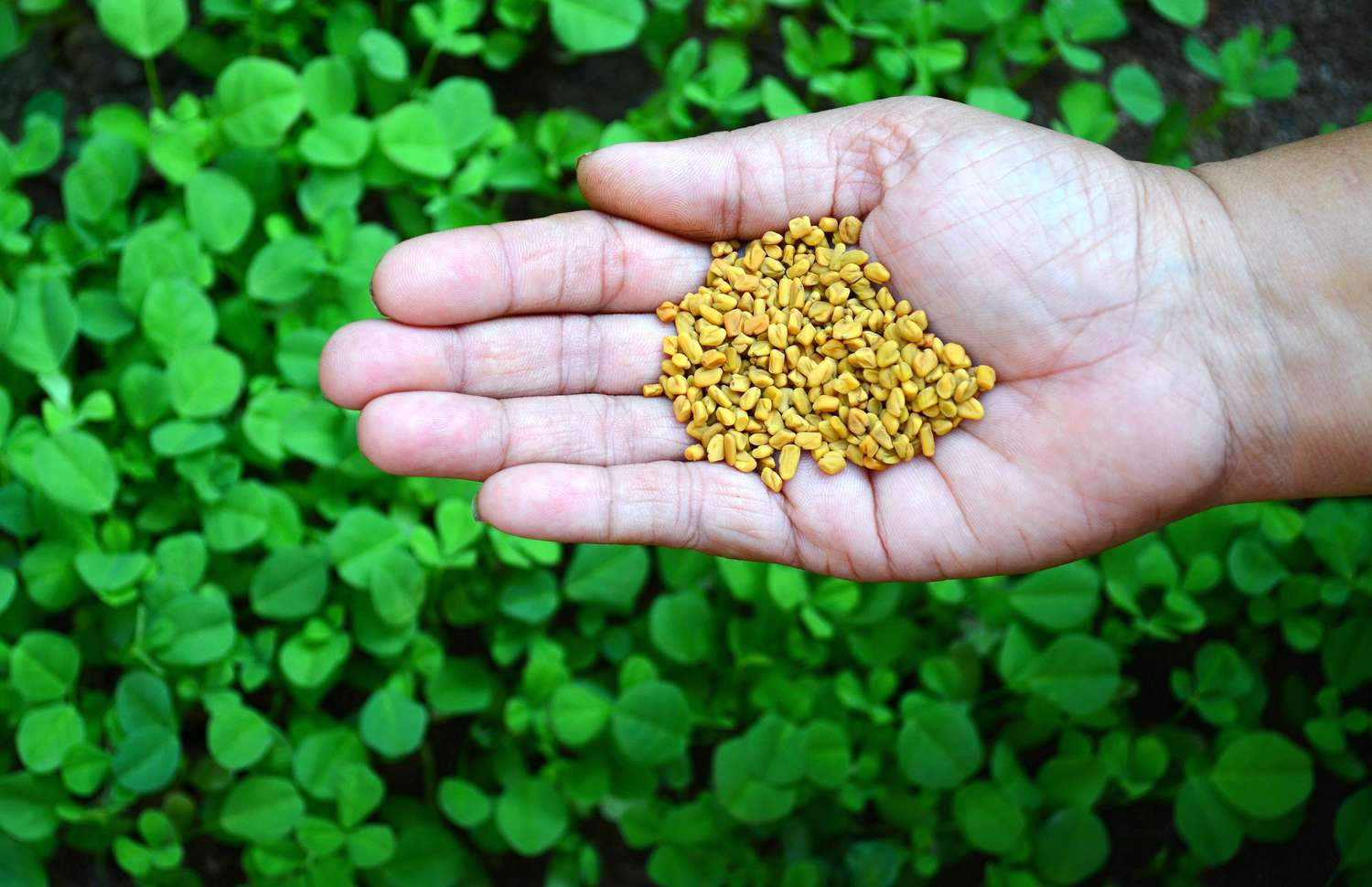

Garden Essentials
What Does Fenugreek Seeds Taste Like
Modified: March 24, 2024
Discover the unique taste of fenugreek seeds and how they can enhance your garden recipes. Explore the aromatic flavors and culinary uses of this versatile spice.
(Many of the links in this article redirect to a specific reviewed product. Your purchase of these products through affiliate links helps to generate commission for Storables.com, at no extra cost. Learn more)
Introduction
When it comes to herbs and spices, fenugreek seeds are not as widely known as some of their counterparts like cumin or coriander. However, they are a hidden gem in the world of culinary delights. Fenugreek seeds, also known as methi seeds, come from the fenugreek plant, a member of the pea family. These small, amber-colored seeds have a rich history and are well-regarded for their unique taste and numerous health benefits.
In this article, we will take an in-depth look at fenugreek seeds and explore their flavor profile, culinary uses, nutritional value, as well as their substitute options and potential health benefits. Whether you are an adventurous cook or simply curious about expanding your spice repertoire, fenugreek seeds have something to offer.
So, let’s dive into the fascinating world of fenugreek seeds and discover their tantalizing taste and the wonders they bring to the table.
Key Takeaways:
- Fenugreek seeds have a unique flavor profile with hints of bitterness, sweetness, and nuttiness, making them a versatile spice for enhancing the taste of dishes like curries, stews, and breads.
- While fenugreek seeds offer potential health benefits such as regulating blood sugar and supporting digestive health, it’s important to use them in moderation and be aware of potential side effects, especially for individuals with allergies or certain medical conditions.
Read more: What Does Chia Seeds Taste Like
Overview of Fenugreek Seeds
Fenugreek seeds are derived from the fenugreek plant, scientifically known as Trigonella foenum-graecum. This annual plant is native to the Mediterranean region, but it is now widely cultivated in other parts of the world for its culinary and medicinal properties.
The plant itself grows up to two feet tall and produces clusters of small, yellow flowers, which eventually turn into slender, curved pods containing the fenugreek seeds. The seeds have a distinctive rectangular shape, resembling small, flat, and yellowish-brown pebbles.
Fenugreek seeds have been used for thousands of years, with their origins dating back to ancient civilisations such as Egypt, Greece, and India. They were highly esteemed for their therapeutic qualities and have been an integral part of Ayurvedic and traditional medicine systems.
In addition to their cultural and historical significance, fenugreek seeds are valued for their remarkable nutritional profile. They are a rich source of protein, dietary fiber, iron, magnesium, and vitamins B6 and C. They also contain essential minerals such as copper, manganese, and potassium.
These seeds are a powerhouse of plant compounds, including alkaloids, flavonoids, and saponins, which contribute to their potential health benefits.
Now that we have a basic understanding of fenugreek seeds let’s explore the culinary uses and unique flavor profile of these tiny, yet mighty, seeds.
Nutritional Profile of Fenugreek Seeds
Fenugreek seeds are not only known for their distinct flavor, but they are also packed with essential nutrients that can contribute to a healthy diet. Let’s take a closer look at the nutritional content of these mighty little seeds:
- Protein: Fenugreek seeds are an excellent source of plant-based protein, making them a valuable addition to vegetarian and vegan diets. They contain approximately 20% protein by weight, which is higher than most other seeds and legumes.
- Dietary Fiber: These seeds are a rich source of dietary fiber, with approximately 50% of their weight consisting of insoluble fiber. This can aid in digestion, promote satiety, and help regulate blood sugar levels.
- Iron: Fenugreek seeds are a great source of iron, providing about 20% of the recommended daily intake in just one tablespoon. Iron is essential for the production of red blood cells and the transport of oxygen throughout the body.
- Magnesium: These seeds are also a good source of magnesium, an important mineral involved in various bodily functions, including muscle and nerve function, immune system support, and regulation of blood pressure.
- Vitamins: Fenugreek seeds contain several important vitamins, including vitamin B6 and vitamin C. Vitamin B6 is involved in energy metabolism and brain function, while vitamin C acts as an antioxidant and supports immune health.
In addition to these key nutrients, fenugreek seeds also contain small amounts of essential minerals such as copper, manganese, and potassium, which are important for overall health and wellbeing.
It’s worth noting that the specific nutritional composition may vary slightly depending on the variety of fenugreek seeds and the method of preparation.
Next, let’s delve into the culinary uses of fenugreek seeds and discover the ways they can add a unique flavor and aroma to your dishes.
Culinary Uses of Fenugreek Seeds
Fenugreek seeds have a long-standing presence in various cuisines around the world, adding a distinct flavor and aroma to a wide range of dishes. Here are some popular culinary uses of fenugreek seeds:
- Spice Blends: Fenugreek seeds are a key component in many spice blends, including curry powder, garam masala, and Ethiopian berbere spice. They contribute a unique and slightly bitter taste that enhances the overall flavor profile of these blends.
- Curries and Stews: Fenugreek seeds are frequently used in Indian, Middle Eastern, and Mediterranean cuisines to flavor curries, stews, and braised dishes. They can be added at the beginning of cooking to infuse their distinct flavor into the dish.
- Flavor Enhancer: These seeds are often used as a flavor enhancer in various dishes, similar to how bay leaves are used. They can be added to soups, lentil dishes, and vegetable preparations to deepen the flavor and provide a subtle bitter note.
- Breads and Flatbreads: Fenugreek seeds are commonly used in bread-making, particularly in Indian cuisine. They can be added to dough for traditional breads like methi roti and parathas, imparting a delightful nutty flavor to the bread.
- Pickles and Chutneys: Fenugreek seeds can be used in pickling or as an ingredient in chutneys. They add complexity and depth of flavor to these condiments and complement the tartness of the pickled vegetables or the freshness of the chutneys.
When using fenugreek seeds, it’s important to note that they have a strong flavor that can easily overpower a dish if used in excess. It’s best to start with small quantities and adjust to taste. The seeds can be used whole, lightly toasted, or ground into a fine powder depending on the desired texture and intensity of flavor.
Now that we’ve explored the culinary uses, let’s move on to discussing the aroma of fenugreek seeds and the impact it can have on your dishes.
Aroma of Fenugreek Seeds
Fenugreek seeds possess a unique and distinctive aroma that sets them apart from other spices. The aroma is often described as strong, pungent, and slightly bitter. When the seeds are toasted or heated, their aroma becomes more pronounced and adds depth to the overall flavor of a dish.
The fragrance of fenugreek seeds can be compared to a combination of maple syrup, caramel, and burnt sugar. Some even note hints of nuttiness and a subtle earthy undertone. This complex aroma is what makes fenugreek seeds a prized ingredient in various culinary traditions.
The aromatic properties of fenugreek seeds play a crucial role in enhancing the overall sensory experience of a dish. They add a layer of complexity and depth, making every bite a delight to the senses.
It’s important to note that the aroma of fenugreek seeds can be quite potent, so it’s best to use them judiciously to avoid overpowering other flavors in a dish. Many recipes call for lightly toasting the seeds before using them to unlock their full aromatic potential.
Now that we’ve explored the unique aroma of fenugreek seeds, let’s move on to discussing their flavor profile and how they can elevate the taste of your culinary creations.
Read more: What Does Sesame Seed Oil Taste Like
Flavor Profile of Fenugreek Seeds
The flavor of fenugreek seeds is as captivating as their aroma. They have a complex and slightly bitter taste, with sweet notes and hints of nuttiness. The combination of these flavors creates a distinctive profile that adds depth and character to dishes.
When fenugreek seeds are used in cooking, they release a subtle bitterness that balances well with other spices and ingredients. This bitterness is what sets fenugreek apart and contributes to its unique flavor profile.
In addition to the bitterness, fenugreek seeds also provide a subtle sweetness reminiscent of maple syrup or caramel. This sweetness adds complexity and a touch of richness to dishes, particularly curries, stews, and sauces.
The nuttiness of fenugreek seeds is another intriguing element of their flavor profile. It adds a unique dimension to dishes, giving them a rich and satisfying taste. This nutty quality is especially pronounced when the seeds are toasted or dry-roasted before use.
Overall, the flavor of fenugreek seeds can be described as bold, aromatic, and slightly bitter with sweet and nutty undertones. It’s important to balance their flavor with other spices and ingredients to create well-rounded and harmonious dishes.
Now that we’ve explored the flavor profile of fenugreek seeds, let’s move on to discovering the common dishes and recipes where they take center stage.
Fenugreek seeds have a slightly bitter, nutty flavor with a hint of sweetness. They also have a strong aroma similar to maple syrup or burnt sugar. Try using them in curries, pickles, or as a spice rub for meats.
Common Dishes and Recipes Featuring Fenugreek Seeds
Fenugreek seeds are a staple ingredient in various cuisines around the world, particularly in Indian, Middle Eastern, and Ethiopian cooking. Here are some popular dishes and recipes where fenugreek seeds play a prominent role:
- Butter Chicken: This classic Indian dish features tender chicken cooked in a creamy tomato-based sauce. Fenugreek seeds are added to the sauce to enhance the flavor and provide a subtle bitterness that complements the richness of the dish.
- Methi Roti: Methi roti is a nutritious Indian bread made with whole wheat flour and fresh fenugreek leaves. The fenugreek seeds are added to the dough, imparting a distinct flavor and aroma to the roti.
- Spice Mixes: Fenugreek seeds are a common ingredient in many spice blends used in Indian cuisine. They are an essential component of garam masala, a versatile spice blend used in curries and other savory dishes.
- Ethiopian Doro Wat: Doro Wat is a traditional Ethiopian chicken stew made with a flavorful blend of spices, including fenugreek seeds. The seeds add a unique taste and aroma to this iconic dish.
- Dal: Fenugreek seeds are often added to lentil dishes, or dal, to provide a slightly bitter flavor and aromatic undertones. They add depth and complexity to the dish and are often tempered in hot oil before being added to the simmering lentils.
- Pickles: Fenugreek seeds are a popular ingredient in pickling recipes. They add a distinctive flavor and help to preserve and enhance the taste of pickled vegetables.
These are just a few examples of the many dishes and recipes where fenugreek seeds shine. They are versatile and can be used in both vegetarian and meat-based dishes, adding a unique flavor and aroma that elevates the overall culinary experience.
Now that we’ve explored some common dishes featuring fenugreek seeds, let’s discuss substitute options for these seeds in case you don’t have them on hand.
Substitutes for Fenugreek Seeds
If you find yourself without fenugreek seeds for a recipe, don’t worry! There are several substitutes you can use to achieve a similar flavor profile. Here are some options:
- Fenugreek Leaves: If the recipe calls for fenugreek seeds, you can substitute an equal amount of dried fenugreek leaves (also known as kasuri methi). These leaves have a similar flavor to the seeds and can provide the desired bitterness and aroma.
- Maple Syrup: For a sweet and slightly bitter substitute, you can use maple syrup in place of fenugreek seeds. The rich and distinctive flavor of maple syrup can mimic the unique taste of fenugreek seeds in certain dishes.
- Mustard Seeds: Mustard seeds can be used as a substitute for fenugreek seeds in some recipes. They have a mildly bitter flavor that can work well in curries, stews, and pickles.
- Celery Seeds: Another alternative is celery seeds, which have a slightly bitter and earthy taste. They can be used in small quantities to mimic the bitter flavor of fenugreek seeds.
- Fennel Seeds: Fennel seeds can provide a touch of sweetness and a mild licorice flavor as a substitute for fenugreek seeds. They can be used in dishes where fenugreek seeds are used as a flavor enhancer.
It’s important to note that while these substitutes can help you achieve a similar flavor profile, they may not perfectly replicate the unique taste and aroma of fenugreek seeds. However, they can be a suitable option if fenugreek seeds are not readily available in your pantry.
Now that we’ve covered substitute options, let’s explore the potential health benefits of fenugreek seeds.
Health Benefits of Fenugreek Seeds
Fenugreek seeds have long been recognized for their numerous health benefits. Here are some potential health benefits associated with consuming fenugreek seeds:
- Regulates Blood Sugar Levels: Fenugreek seeds may help improve blood sugar control. The soluble fibers in these seeds can help slow down the absorption of sugar, resulting in more stable blood sugar levels. This makes them beneficial for individuals with diabetes or insulin resistance.
- Supports Digestive Health: Fenugreek seeds are rich in dietary fiber, which aids in digestion and promotes regular bowel movements. They can help alleviate constipation and improve overall gut health.
- Reduces Cholesterol Levels: The soluble fibers in fenugreek seeds can help lower LDL cholesterol levels, thereby reducing the risk of heart disease. Regular consumption of fenugreek seeds may contribute to better cardiovascular health.
- Boosts Milk Production in Breastfeeding Mothers: Fenugreek seeds have traditionally been used to increase milk production in nursing mothers. They contain compounds that stimulate milk production and can be consumed safely to support breastfeeding.
- Anti-inflammatory Properties: Fenugreek seeds possess anti-inflammatory properties that may help reduce inflammation in the body. This can be beneficial for individuals with conditions such as arthritis or inflammatory bowel disease.
- Aids Weight Management: The high fiber content in fenugreek seeds can promote feelings of fullness and help control appetite. This can aid in weight management and prevent overeating.
These potential health benefits make fenugreek seeds an excellent addition to a balanced and healthy diet. However, it’s important to note that individual results may vary, and it’s always best to consult with a healthcare professional before making any significant dietary changes or incorporating new supplements.
Now that we’ve explored the potential health benefits, it’s important to be aware of any potential side effects that may arise from consuming fenugreek seeds.
Read more: What Does Chia Seed Pudding Taste Like
Potential Side Effects of Fenugreek Seeds
While fenugreek seeds offer numerous health benefits, it’s important to be aware of potential side effects that may occur, especially when consumed in large quantities or by certain individuals. Here are some potential side effects of fenugreek seeds:
- Allergic Reactions: Some individuals may have an allergic reaction to fenugreek seeds, experiencing symptoms such as itching, rash, or difficulty breathing. If you have a known allergy to legumes or other seeds, it’s best to avoid fenugreek seeds.
- Gastrointestinal Issues: In some cases, consuming fenugreek seeds in large amounts may cause gastrointestinal discomfort, including bloating, gas, and diarrhea. It’s important to start with small quantities and listen to your body’s response.
- Interference with Medications: Fenugreek seeds may interact with certain medications, including anticoagulants and anti-diabetic drugs. If you are taking any medications, it’s advisable to consult with your healthcare provider before incorporating fenugreek seeds into your diet.
- Lowering of Blood Sugar: While fenugreek seeds can help regulate blood sugar levels, individuals with diabetes or those taking medication for diabetes should monitor their blood sugar levels closely when consuming fenugreek seeds to avoid hypoglycemia.
- Pregnancy and Breastfeeding: Although fenugreek seeds have traditionally been used to increase milk production in breastfeeding mothers, it’s important to exercise caution during pregnancy. High doses of fenugreek seeds may have uterine stimulant effects, which could be harmful during pregnancy.
It’s worth noting that these side effects are relatively rare and typically only occur when fenugreek seeds are consumed in large amounts or by susceptible individuals. Moderation is key when incorporating fenugreek seeds into your diet.
If you experience any adverse effects after consuming fenugreek seeds, it is important to discontinue use and consult with a healthcare professional.
Now that we’ve discussed the potential side effects, let’s wrap up our exploration of fenugreek seeds.
Conclusion
Fenugreek seeds are a remarkable spice that brings a unique flavor and aroma to a wide range of dishes. Whether you’re a culinary enthusiast looking to experiment with new flavors or a health-conscious individual seeking natural remedies, fenugreek seeds have much to offer.
From their rich history and culinary uses to their nutritional benefits and potential health effects, fenugreek seeds have a place in both the kitchen and wellness routines. Their slightly bitter taste, sweet undertones, and nutty aroma make them a versatile ingredient that can elevate the flavor of curries, stews, breads, and more.
However, as with any food or supplement, it’s essential to consume fenugreek seeds in moderation and be aware of potential side effects. If you have any pre-existing conditions or concerns, it’s wise to consult with a healthcare professional before incorporating fenugreek seeds into your diet.
So, whether you’re seeking to add depth to your culinary creations or harness the potential health benefits, don’t overlook the power of fenugreek seeds. Exploring and experimenting with this humble spice can open up a world of delicious possibilities.
Now armed with the knowledge of fenugreek seeds’ taste, aroma, culinary uses, and potential health benefits, it’s time to embark on your own culinary adventures and explore the wonders of this fascinating spice.
Happy cooking and happy exploring!
Frequently Asked Questions about What Does Fenugreek Seeds Taste Like
Was this page helpful?
At Storables.com, we guarantee accurate and reliable information. Our content, validated by Expert Board Contributors, is crafted following stringent Editorial Policies. We're committed to providing you with well-researched, expert-backed insights for all your informational needs.
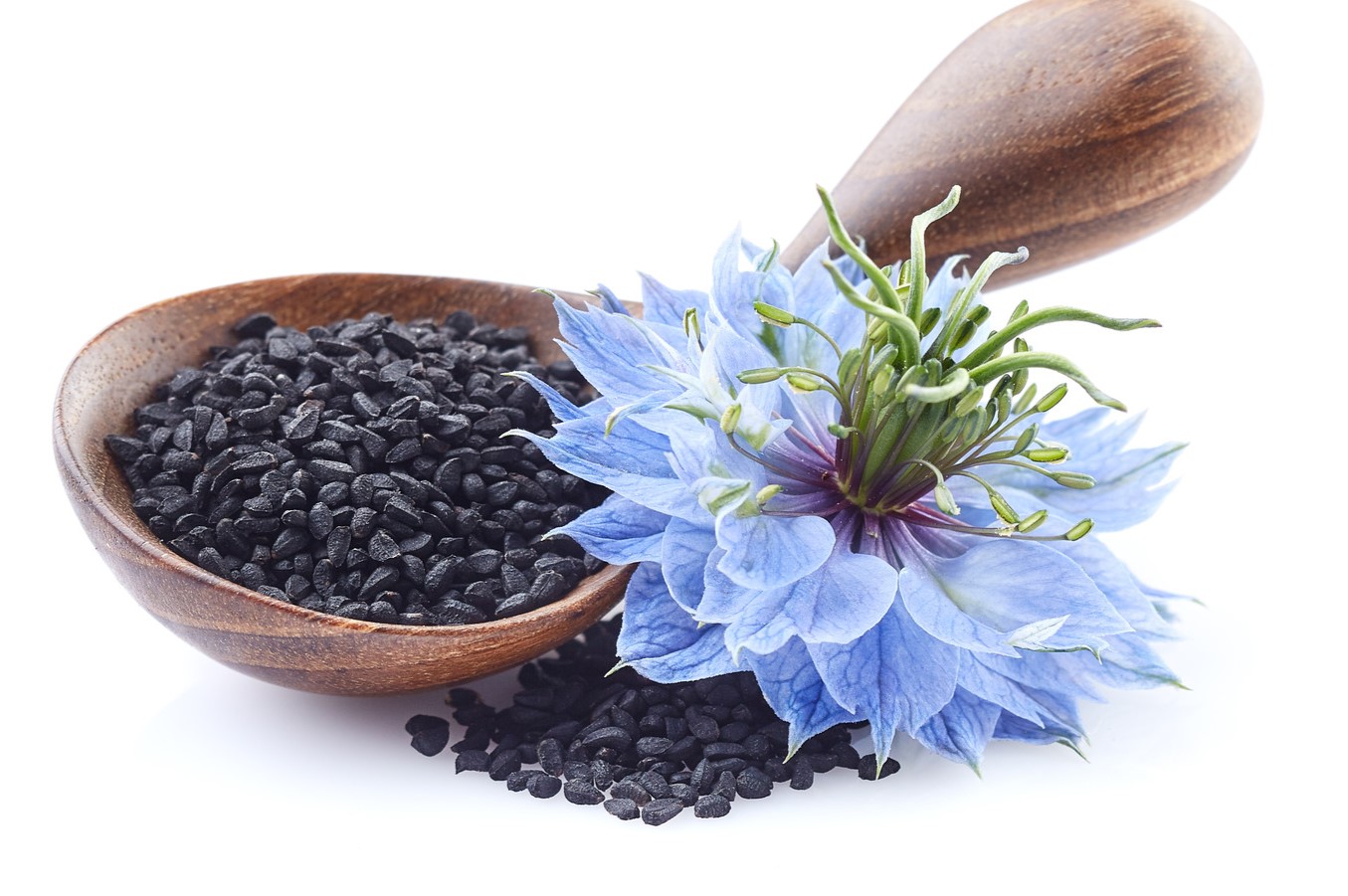
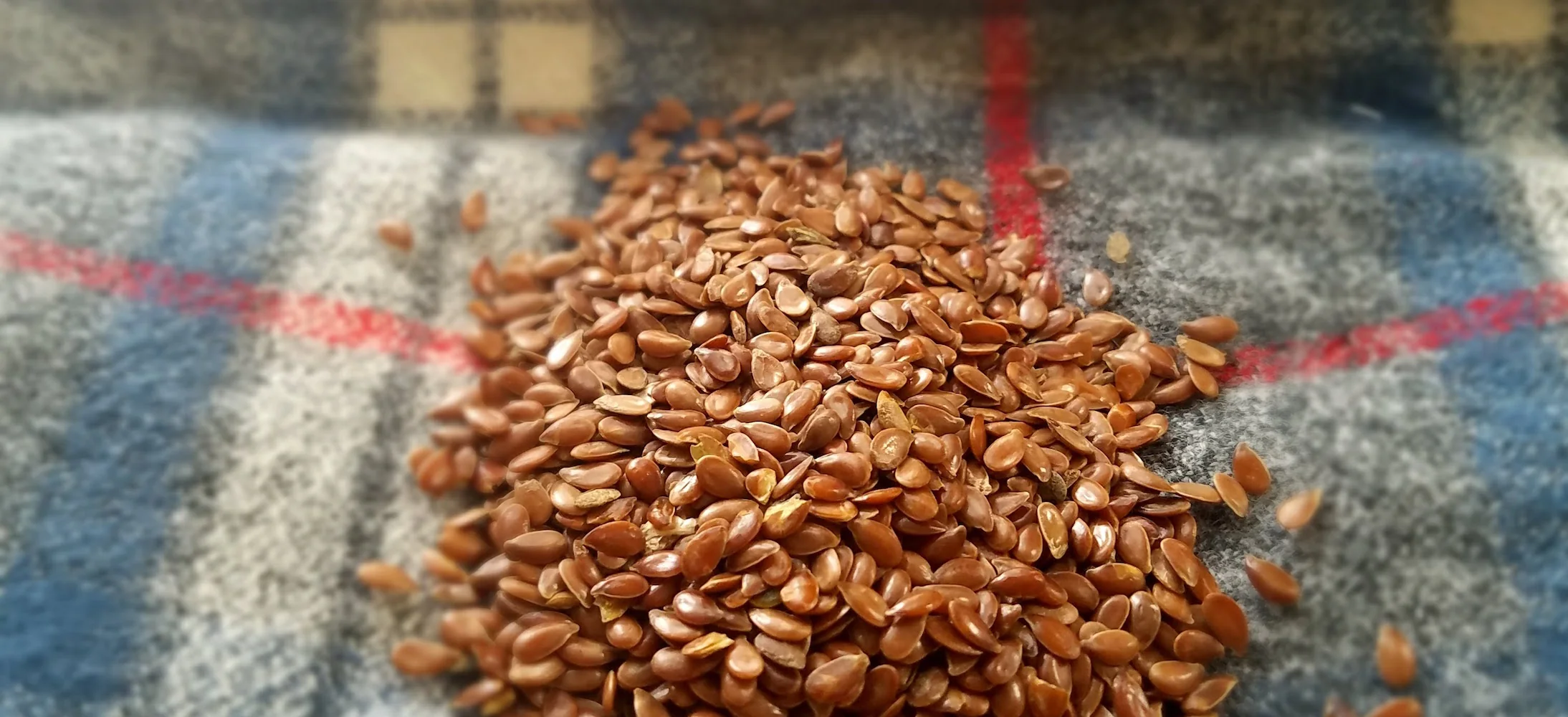
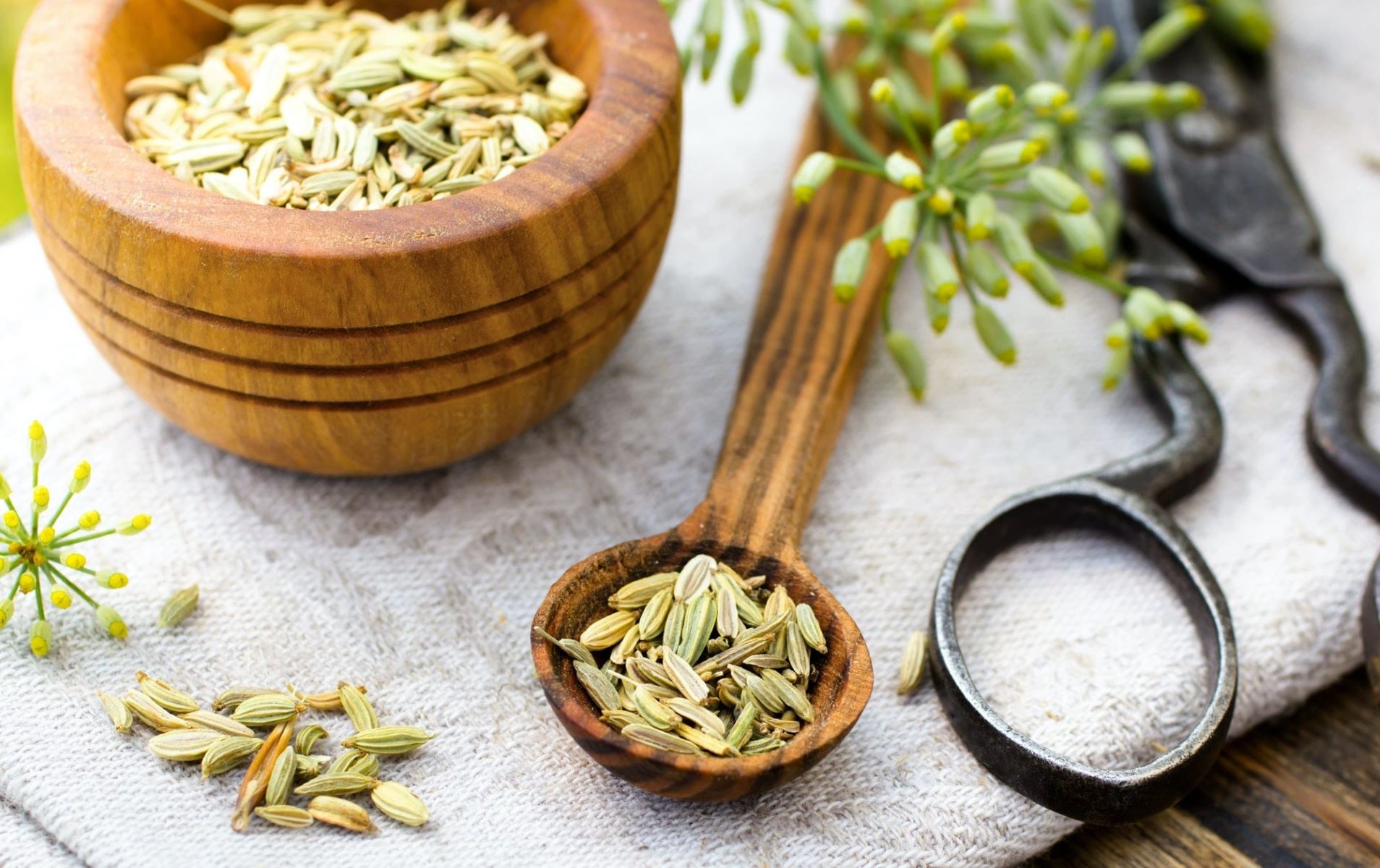
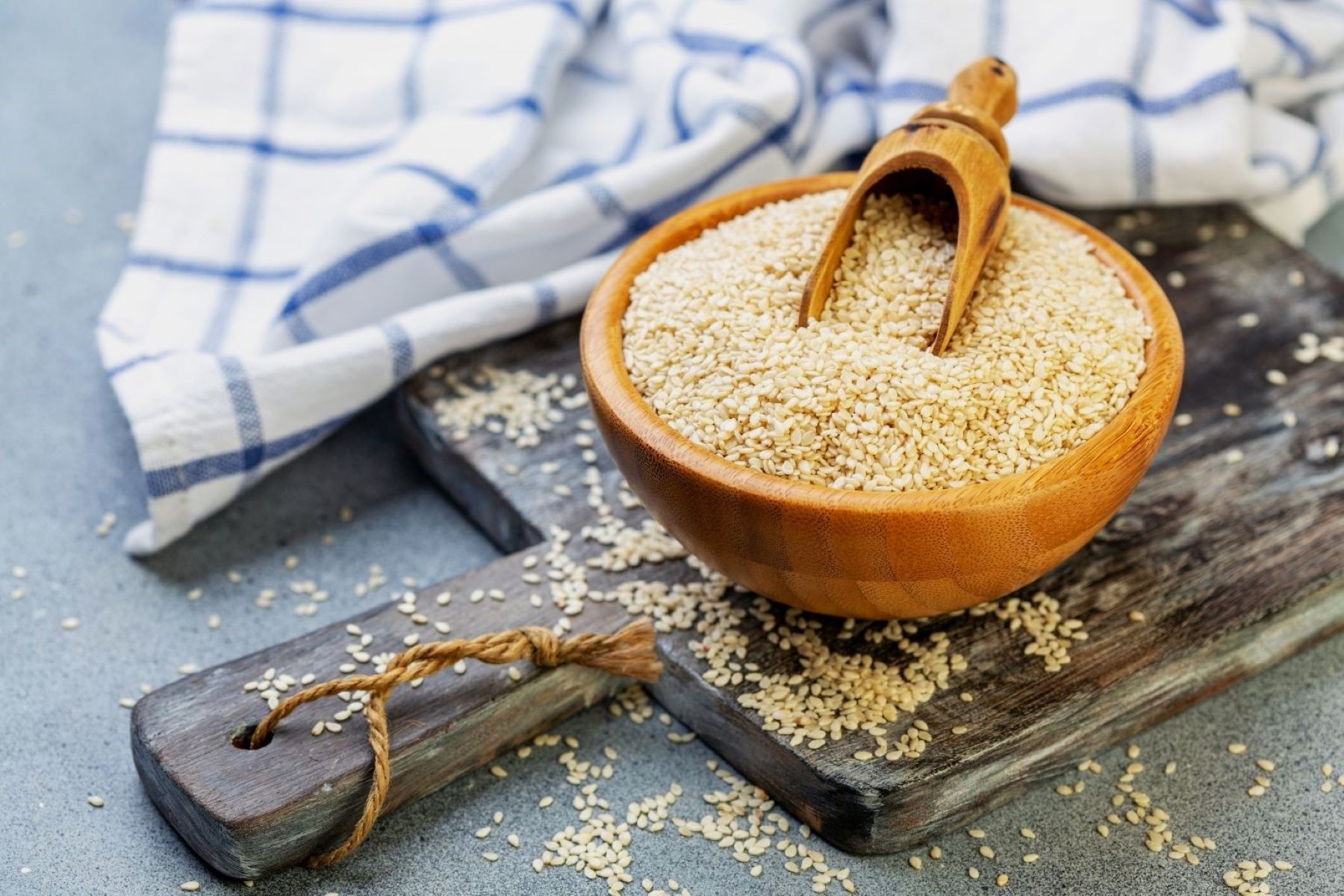
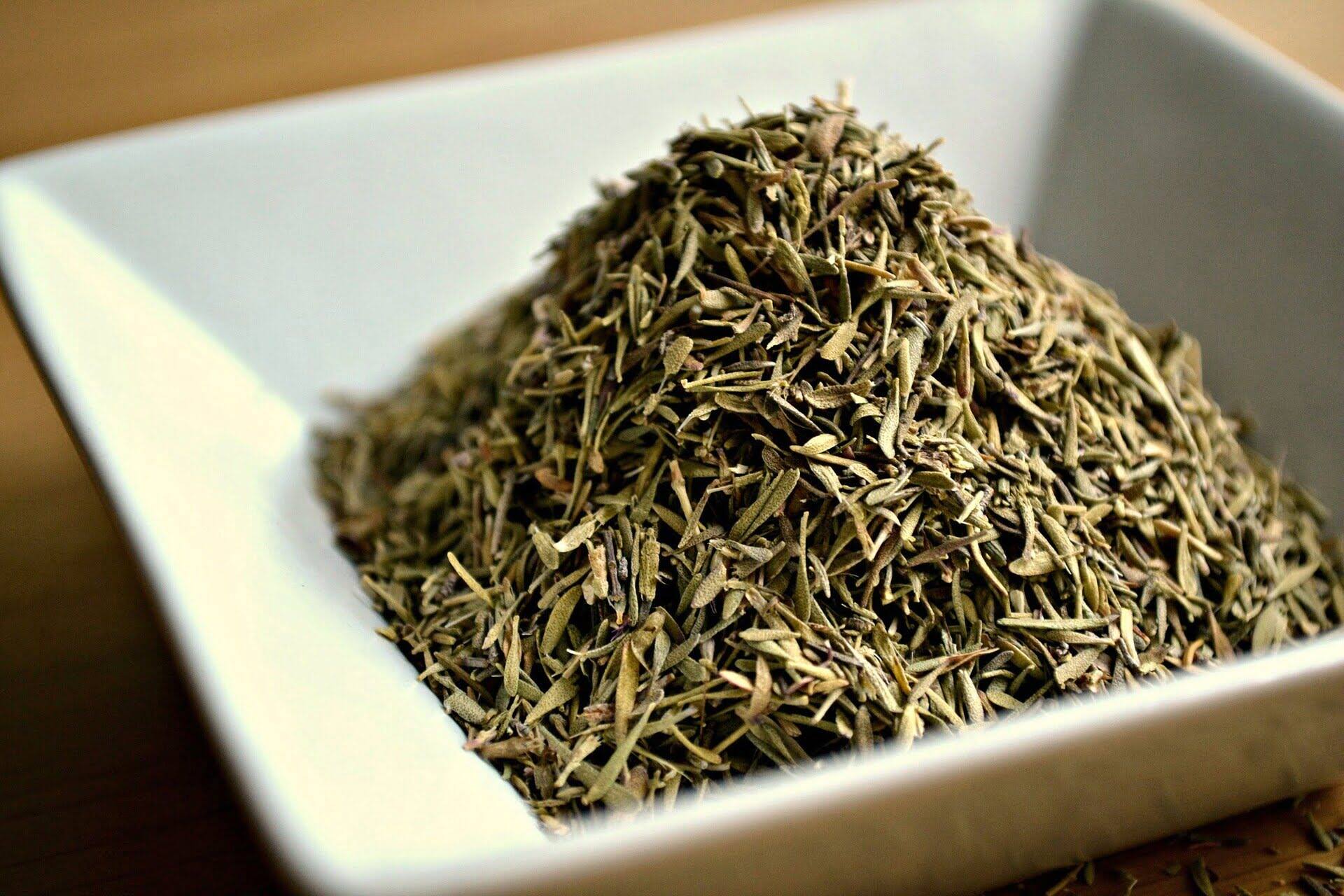

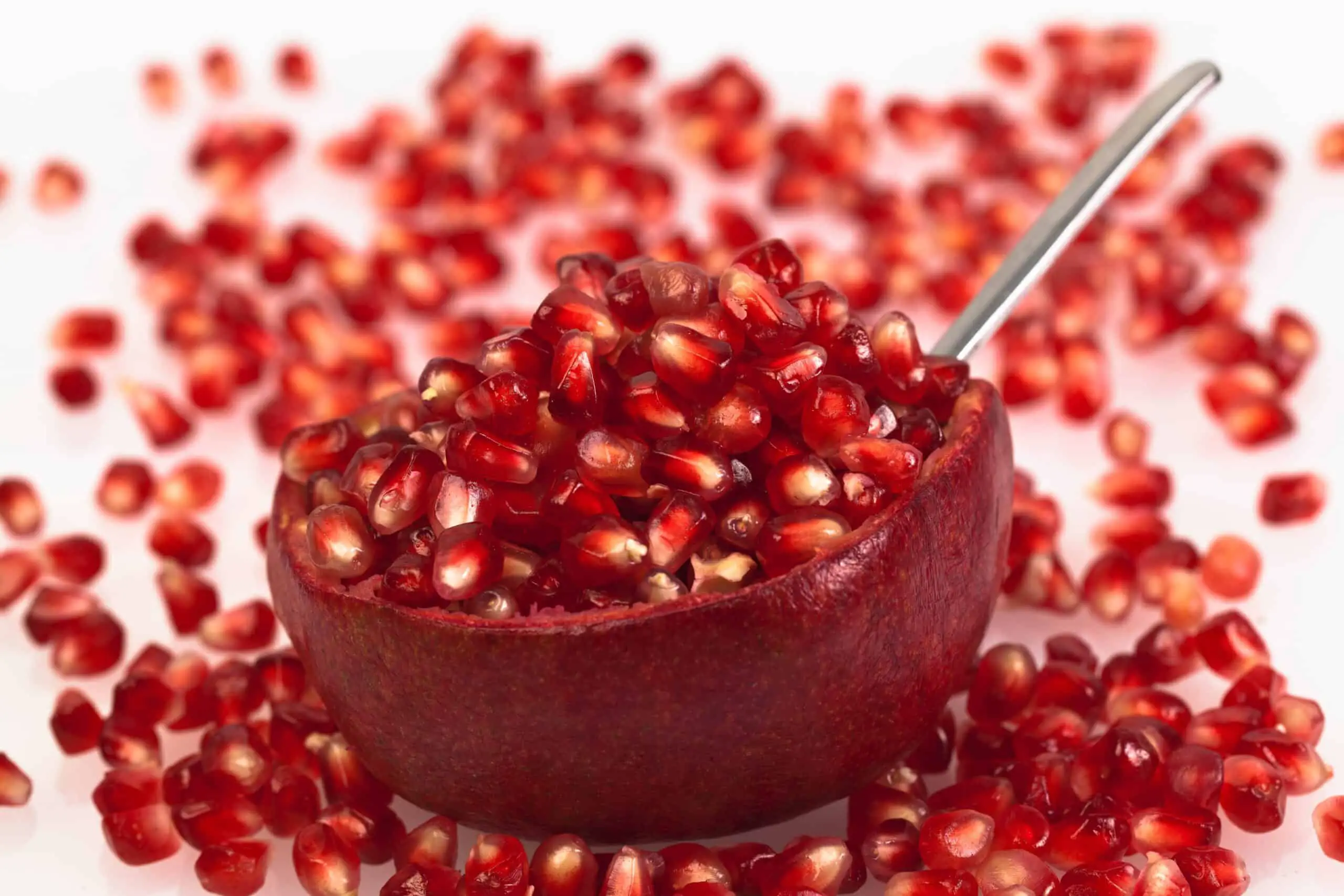


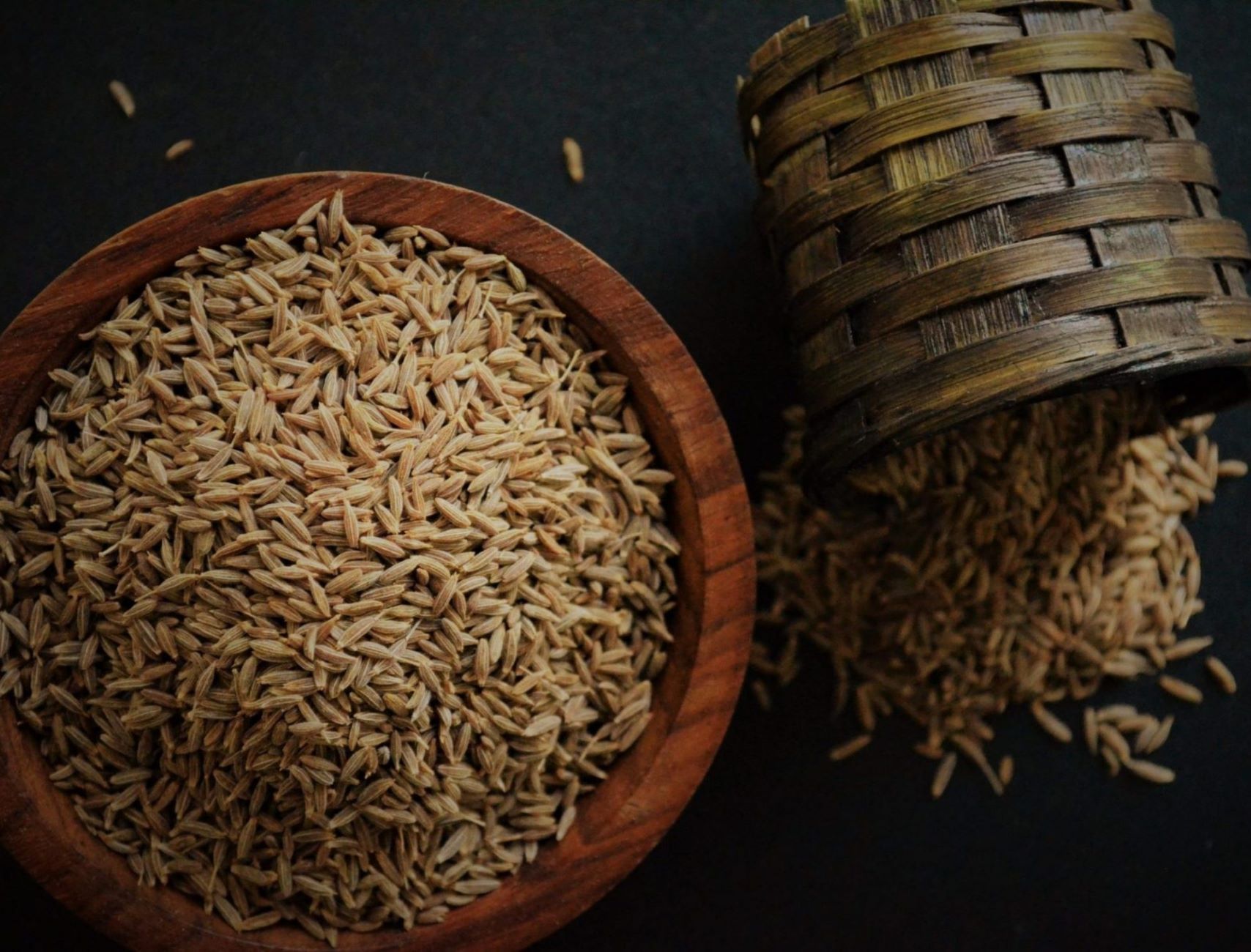




0 thoughts on “What Does Fenugreek Seeds Taste Like”